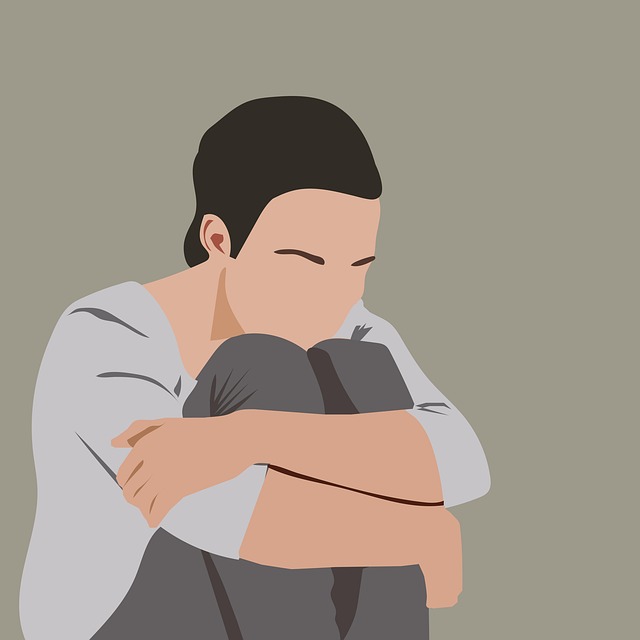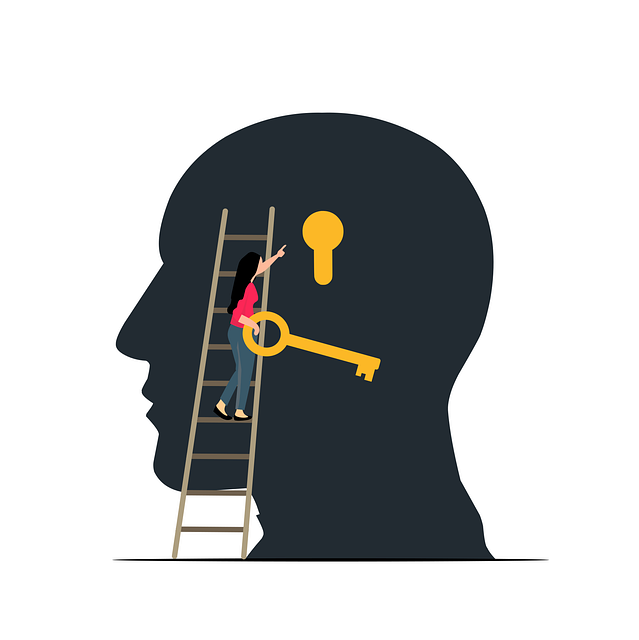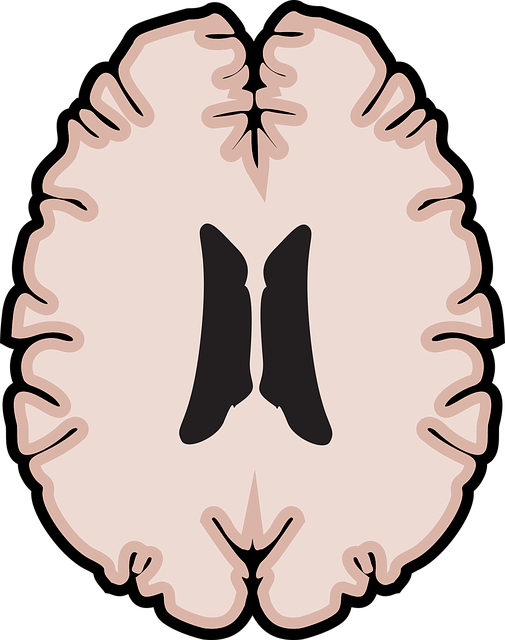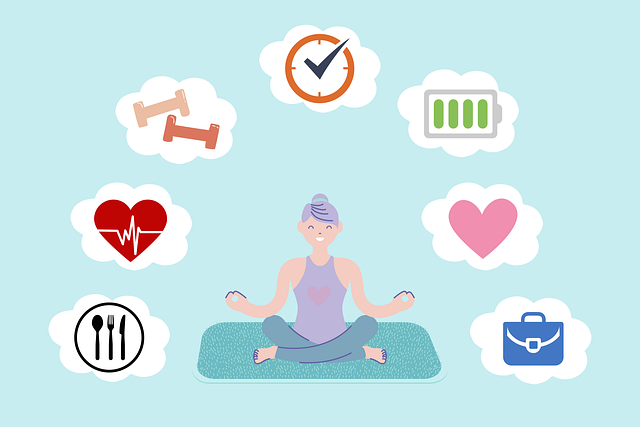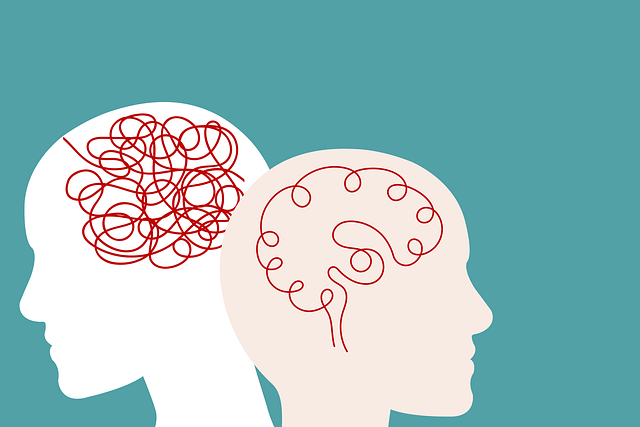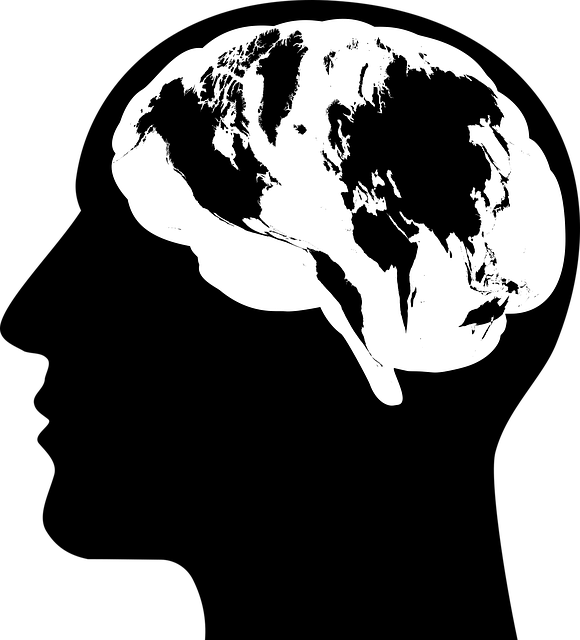Cultural competency is a critical aspect of modern healthcare, especially in diverse communities like Lafayette, where understanding and respecting different cultures improves patient outcomes. Lafayette Independent Medical Evaluations Therapy (LIMET) leads efforts to advance diversity through specialized training programs focusing on unconscious bias, microaggressions, and culturally sensitive care. These programs integrate mental health support tailored to diverse communities and advocate for policy changes. Effective healthcare provider training should include cultural competency as a core element, addressing burnout prevention strategies for enhanced patient care. LIMET evaluates the impact of its training through qualitative feedback and quantitative data, continuously improving practices to drive positive change in healthcare.
Healthcare provider cultural competency training is an essential aspect of modern medical practice, addressing the need for diverse and inclusive care. In this article, we explore the critical role of Lafayette Independent Medical Evaluations Therapy in promoting diversity. We delve into key components of effective training programs, emphasizing understanding cultural competency as a necessary overview. Additionally, we discuss measurement strategies for evaluating success and fostering continuous improvement.
- Understanding Cultural Competency in Healthcare: A Necessary Overview
- The Role of Lafayette Independent Medical Evaluations Therapy in Promoting Diversity and Inclusion
- Key Components of Effective Training Programs for Healthcare Providers
- Measuring Success: Evaluation and Continuous Improvement Strategies
Understanding Cultural Competency in Healthcare: A Necessary Overview

Cultural competency in healthcare is an essential aspect that cannot be overlooked in modern medical practice. It involves understanding and respecting diverse cultural beliefs, values, and behaviors within various patient populations, ensuring quality care tailored to individual needs. This concept is particularly crucial in regions like Lafayette, where a diverse community requires sensitive and adaptive healthcare services, including independent medical evaluations and therapy sessions provided by professionals who embrace cultural diversity.
By integrating cultural competency training, healthcare providers can offer more effective Trauma Support Services, Mental Health Policy Analysis and Advocacy, and Burnout Prevention strategies. This approach acknowledges that different cultures may have unique approaches to health, illness, and healing, influencing how patients perceive and engage with medical services. Through this understanding, healthcare professionals can create inclusive environments, improve communication, and ultimately enhance patient outcomes, fostering a more harmonious relationship between providers and diverse communities they serve.
The Role of Lafayette Independent Medical Evaluations Therapy in Promoting Diversity and Inclusion

Lafayette Independent Medical Evaluations Therapy (LIMET) plays a pivotal role in promoting diversity and inclusion within healthcare by offering specialized training programs that cater to the unique needs of diverse communities. Recognizing the importance of cultural competency, LIMET has developed innovative approaches to bridge the gap between healthcare providers and patients from various backgrounds. Their comprehensive curriculum encompasses topics such as unconscious bias, microaggressions, and culturally sensitive communication strategies, ensuring medical professionals are equipped to deliver empathetic and effective care.
Through these initiatives, LIMET fosters an environment where mental health support is accessible and tailored to diverse cultural contexts. The integration of practices like Mindfulness Meditation and Depression Prevention within their training empowers healthcare providers to address the specific challenges faced by different communities. Furthermore, LIMET actively contributes to Mental Health Policy Analysis and Advocacy, pushing for systemic changes that promote equity in access to quality mental health care for all.
Key Components of Effective Training Programs for Healthcare Providers

Effective training programs for healthcare providers should encompass several key components to ensure maximum impact and positive outcomes. One of the fundamental aspects is incorporating cultural competency as a core element. These programs must equip medical professionals with the skills to navigate diverse patient populations, fostering an environment of understanding and respect. By delving into various cultural perspectives, healthcare providers can enhance their communication, ensuring sensitive issues are addressed effectively, especially in cases involving Lafayette Independent Medical Evaluations Therapy.
Additionally, training should focus on building confidence boosting strategies tailored for healthcare workers. Burnout prevention strategies are vital to maintaining a healthy work-life balance and mitigating anxiety relief concerns. Equipping providers with tools to manage stress and enhance their well-being can significantly contribute to improved patient care. These comprehensive programs aim to revolutionize the industry by nurturing a resilient and compassionate healthcare workforce.
Measuring Success: Evaluation and Continuous Improvement Strategies

Evaluating the effectiveness of cultural competency training is a vital step to ensure its long-term impact and positive changes within healthcare practices. Lafayette Independent Medical Evaluations (LIME) Therapy employs various strategies to measure success, fostering continuous improvement in their programs. Post-training assessments are conducted to gather feedback from participants, gauging their satisfaction and understanding of the material. These evaluations often include open-ended questions, allowing for qualitative insights into how the training has influenced their approach to diverse patient populations.
Furthermore, LIME Therapy tracks quantitative data such as attendance rates, completion times, and pre/post-training scores on standardized cultural sensitivity tests. By comparing these metrics, they can identify areas of improvement and tailor future sessions accordingly. The integration of Stress Reduction Methods and Depression Prevention strategies within the curriculum is continually assessed to ensure their alignment with current best practices in Cultural Sensitivity in Mental Healthcare Practice. This comprehensive evaluation process enables LIME Therapy to deliver increasingly effective training, ultimately enhancing patient care across diverse cultural backgrounds.
Cultural competency training is an evolving necessity within healthcare, as demonstrated by the essential role played by organizations like Lafayette Independent Medical Evaluations Therapy. By equipping providers with the skills to navigate diverse patient backgrounds, these programs foster more inclusive and effective care. Key components, such as awareness of unconscious biases, cross-cultural communication techniques, and knowledge of cultural beliefs and practices, are vital. Continuous improvement through evaluation and feedback ensures that training remains relevant and impactful. Through such initiatives, healthcare providers can better serve a diverse population, ultimately enhancing patient outcomes and experiences.
